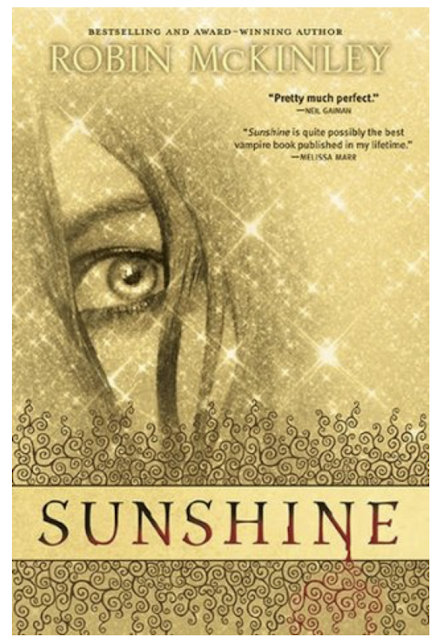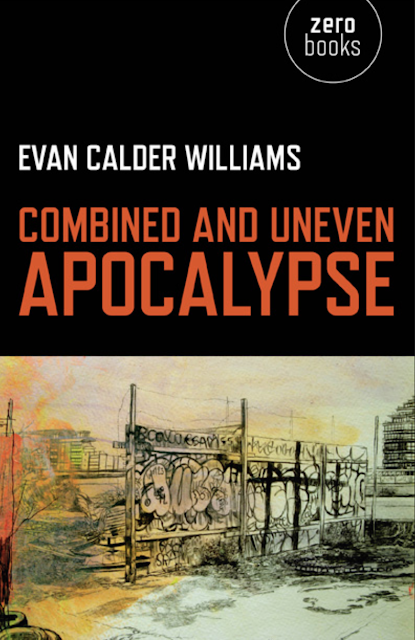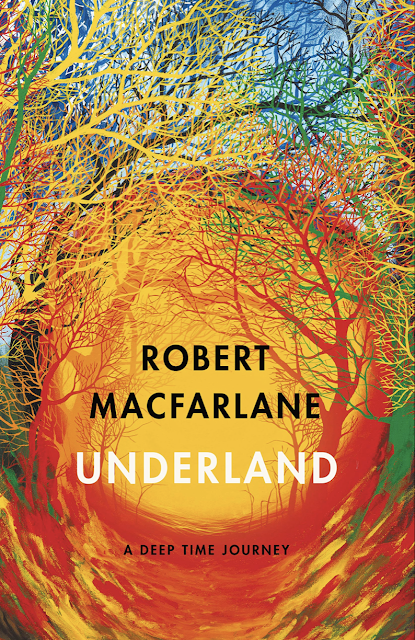"The Wild Remedy: How Nature Mends Us - A Diary" by Emma Mitchell (published 2019)

As I sat reading this in my living room late last night, it occurred to me that I was experiencing a quiet and stillness that I haven't in many years. It was only brief, a minute or so, but I cherished the moment completely. I sat there on my couch with the candles flickering, the room filled with lamplight against the darkness of late evening, the balcony window open letting in a cool midsummer breeze, the outdoor fountain pleasantly making the sounds of falling water. "The Wild Remedy: How Nature Mends Us - A Diary" by Emma Mitchell (2019) is a book full of moments like the one I experienced above, yet highlighting the power and potency of the biological realm of plant-life in aiding illness and disease: here, Mitchell writes about her fight against the insidious grip of depression. Usually I'm tentative to read books that cover subjects such as mental illness: I suffer from a mental illness that is not as widespread/well-known as depression, but I was not dis





